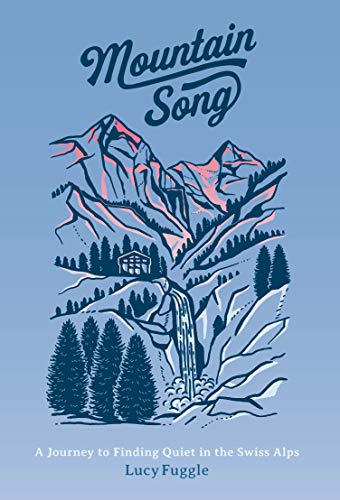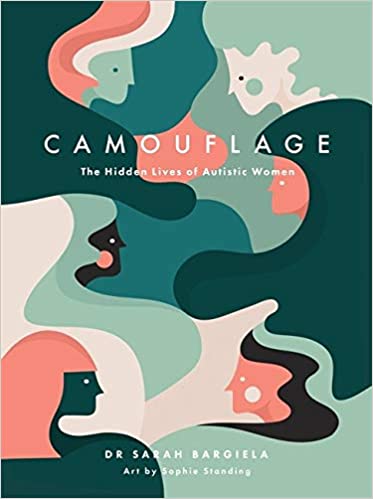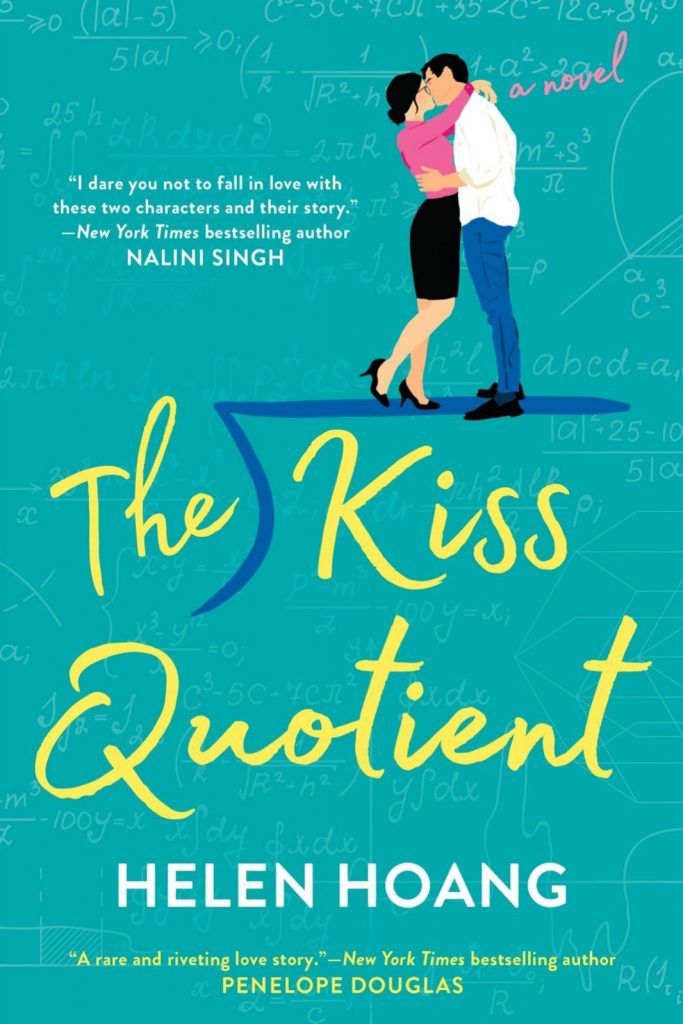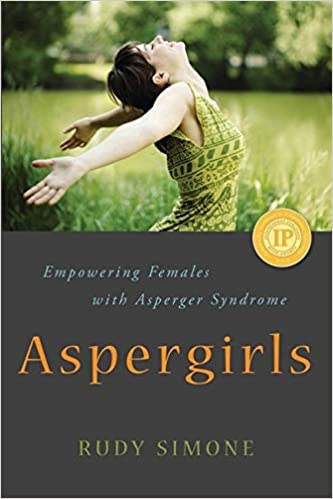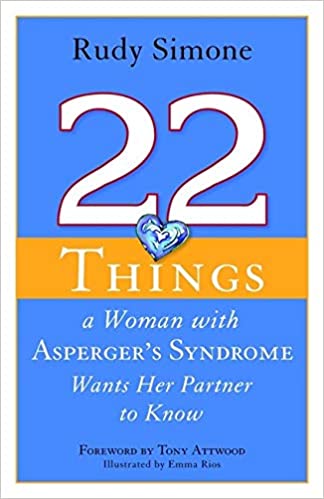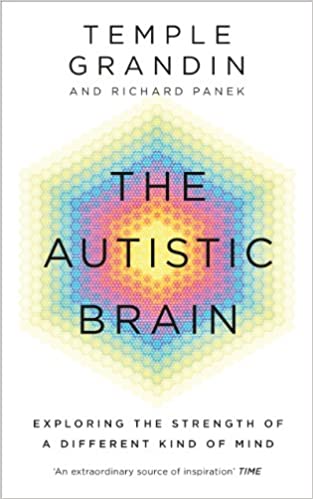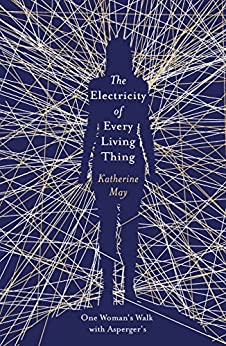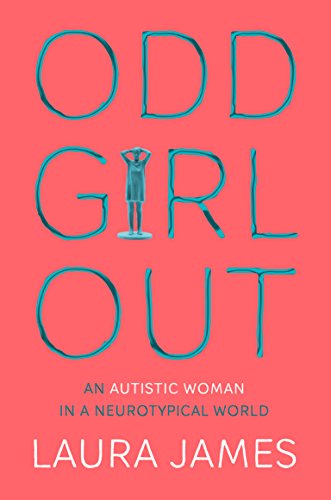8 books for women with autism to read (+ my story)
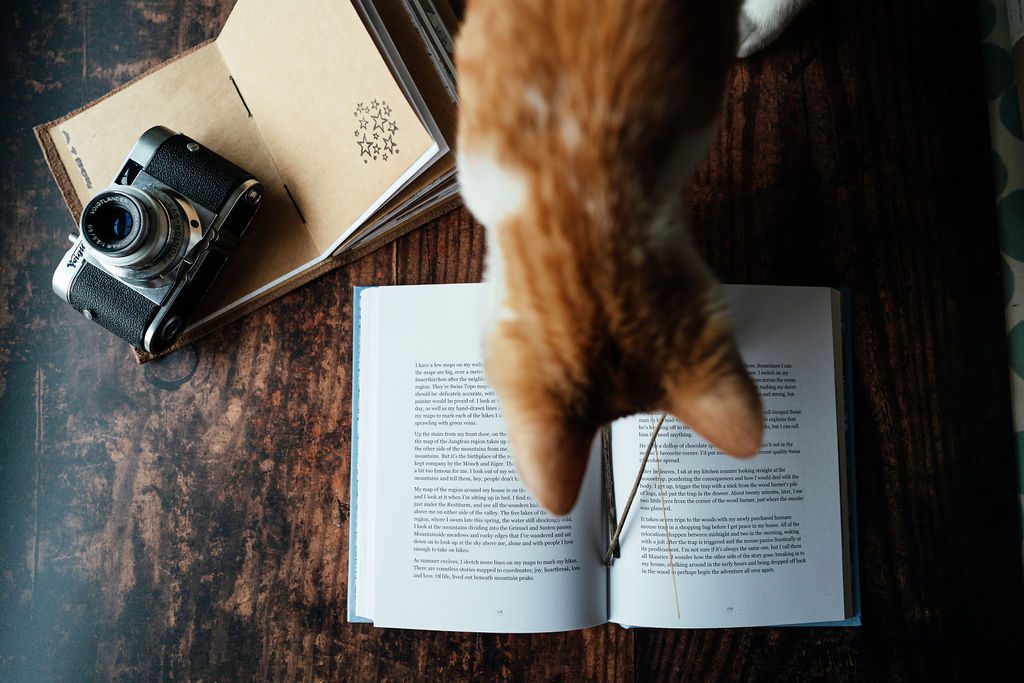
If you’ve read my writing for a while, I’ve hinted at my background with autism spectrum disorder (or Asperger’s) before, but I’ve never gone into it in as much detail as my experiences with PTSD and anxiety.
I think that’s partly because autism is just who I am. It hasn’t been a barrier to living well as much as anxiety and PTSD. But really, my autism – even if it’s mostly invisible to others – has been at the centre of everything.
During my teen years I felt like I’d been diagnosed with (or at least tested for) everything…. anxiety, depression, OCD, eating disorders, post-traumatic stress disorder.
Could I really have all of those things at once? Apparently with autism, you really can – it makes you much more susceptible to other mental health issues. But I don’t think it’s a given – or permanent.
The worst years for my mental health coincided with when I had the least self-awareness and acceptance of who I really was. I didn’t think I was enough just as I was. I thought I was broken and needed to fix myself.
It was when I finally accepted that I was different and worthy, exactly as I was, that the clouds started to shift and I started to own the space I occupied. And that’s only happened very recently.
I’ve always known I was different, but I’ve only embraced that in the last few years. This started with an uncharacteristic decision to live alone by the mountains in Switzerland for three years.
That’s the focus of my book, Mountain Song: A Journey to Finding Quiet in the Swiss Alps, which shares my story of how spending so much time alone and close to nature changed everything for me.
Here are some of the other books about autism – by women writers – that have helped me come to terms with my ASD and get myself in a position where I could thrive.
The best books by women with autism – about how women experience autism
1. Camouflage: The Hidden Lives of Autistic Women by Dr. Sarah Bargiela
This lovely graphic novel is a fantastic resource for anyone who wishes to understand how gender affects autism (the name sums it up: autistic women are so often camouflaged). It also offers helpful pointers on how to create safer supportive and more accessible environments for autistic women.
With charming illustrations and real case studies of women with Asperger’s, Dr. Sarah Bargiela leads you on a visual journey of how women on the spectrum experience everyday life: from metaphors and masking in social situations, to friendships, relationships, and the role of special interests.
2. The Kiss Quotient by Helen Hoang
On paper, this novel is an unusual one, embracing themes of discovering both autism spectrum disorder and the joy of sex. It’s the first in a trilogy, with each book focused on a female protagonist needing to let go of their old way of doing things to step into a new way of living and embrace relationships that bring out their most joyful, authentic selves.
It was only when researching The Kiss Quotient that Helen Hoang was diagnosed with autism spectrum disorder herself, and this adds so much authenticity to the series. If you like Helen Hoang’s writing, here are 8 other books like The Kiss Quotient.
3. Aspergirls: Empowering Females with Asperger Syndrome by Rudy Simone
Aspergirls by Rudy Simone was the first book I bought when I first started learning more about autism, and it’s a great starting point for women with autism and the people who love them.
It talks about the challenges of being a woman with autism, but also the strengths and unique perspectives that are often overlooked. And that, especially when you’re a young woman, is so important to keep in mind.
4. 22 Things a Woman with Asperger’s Syndrome Wants Her Partner to Know by Rudy Simone
If Iain could add any books to this list, it would probably be this one. During the nearly six years we’ve been together, he’s needed to learn a lot about my quirks, strengths, and weaknesses.
This book by Rudy Simone is a really handy way to explain ASD to partners and open up conversations about the support you need from them (and when to be left alone).
5. The Autistic Brain: Exploring the Strengths of a Different Kind of Mind by Temple Grandin
Temple Grandin’s writing deserves a place on every person’s bookshelf, not just those with autism. In The Autistic Brain she shares her own experience with autism alongside remarkable discoveries about the autistic brain.
What I love most about Temple Grandin is her focus on the contributions, not struggles, of autistic people – and how we can best nurture these contributions by making changes in our societies.
6. The Electricity of Every Living Thing: A Woman’s Walk in the Wild to Find Her Way Home by Katherine May
Best known for her book Wintering: The Power of Rest and Retreat in Difficult Times – a graceful reminder to respect the seasons of our lives – Katherine May has also penned a wonderful book about her own journey with autism.
Like Raynor Winn, author of The Salt Path, Katherine May sets off to hike the 630-mile South West Coast Path in the UK and pens a life-affirming exploration of wild landscapes in response. However, it’s not mortality and loss she’s coming to terms with, but what it means to be different and at peace with an unquiet mind, whether autistic or neurotypical.
The Electricity of Every Living Thing tells the story of the year in which Katherine comes to terms with her diagnosis, which leads to a re-evaluation of her life so far. Surrounded by wild nature, she notices how she fits in with the world around her just like any other living creature: with kindness and delicate uniqueness, not awkwardness.
7. Odd Girl Out: An Autistic Woman in a Neurotypical World by Laura James
Many autistic women don’t receive a diagnosis until later in life, including the author of Odd Girl Out, Laura James. It’s only after she has forged a career for herself, married twice, and raised four children that she receives a clear explanation of why she’s always felt different. This book is her account of negotiating the autistic spectrum and her place on it, alongside understanding that ‘different’ doesn’t have to mean ‘less’.
Enjoy more from me
- Retreat into my new book, Your Life in Bloom: Finding Your Path and Your Courage, Grounded in the Wisdom of Nature.
- I'm also the author of Mountain Song: A Journey to Finding Quiet in the Swiss Alps, a book about my time living alone by the mountains.
- If you love books, are feeling a little lost right now, and would love some gentle comfort and guidance, join The Sanctuary, my seven-day course to rebalance your life.

